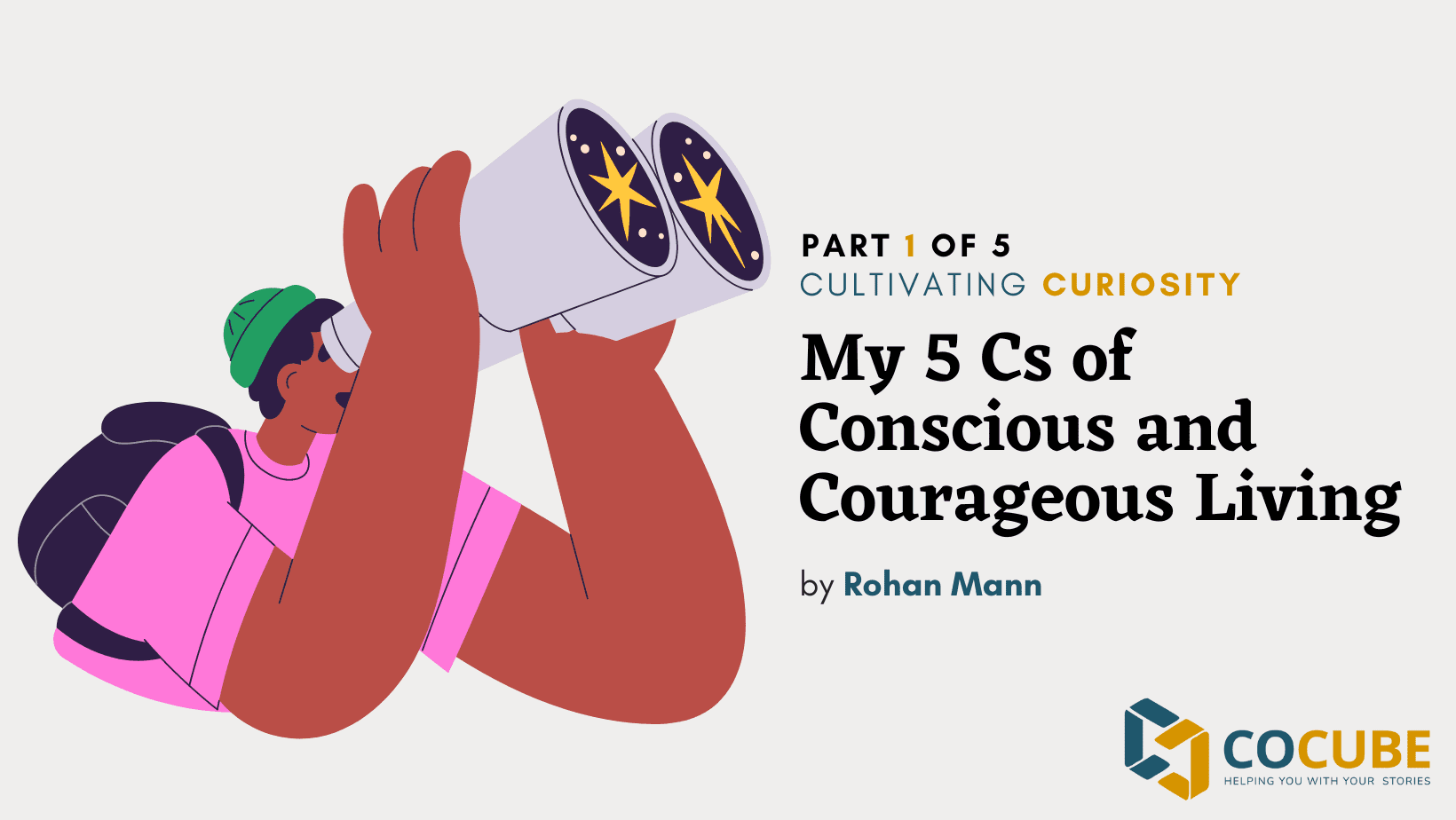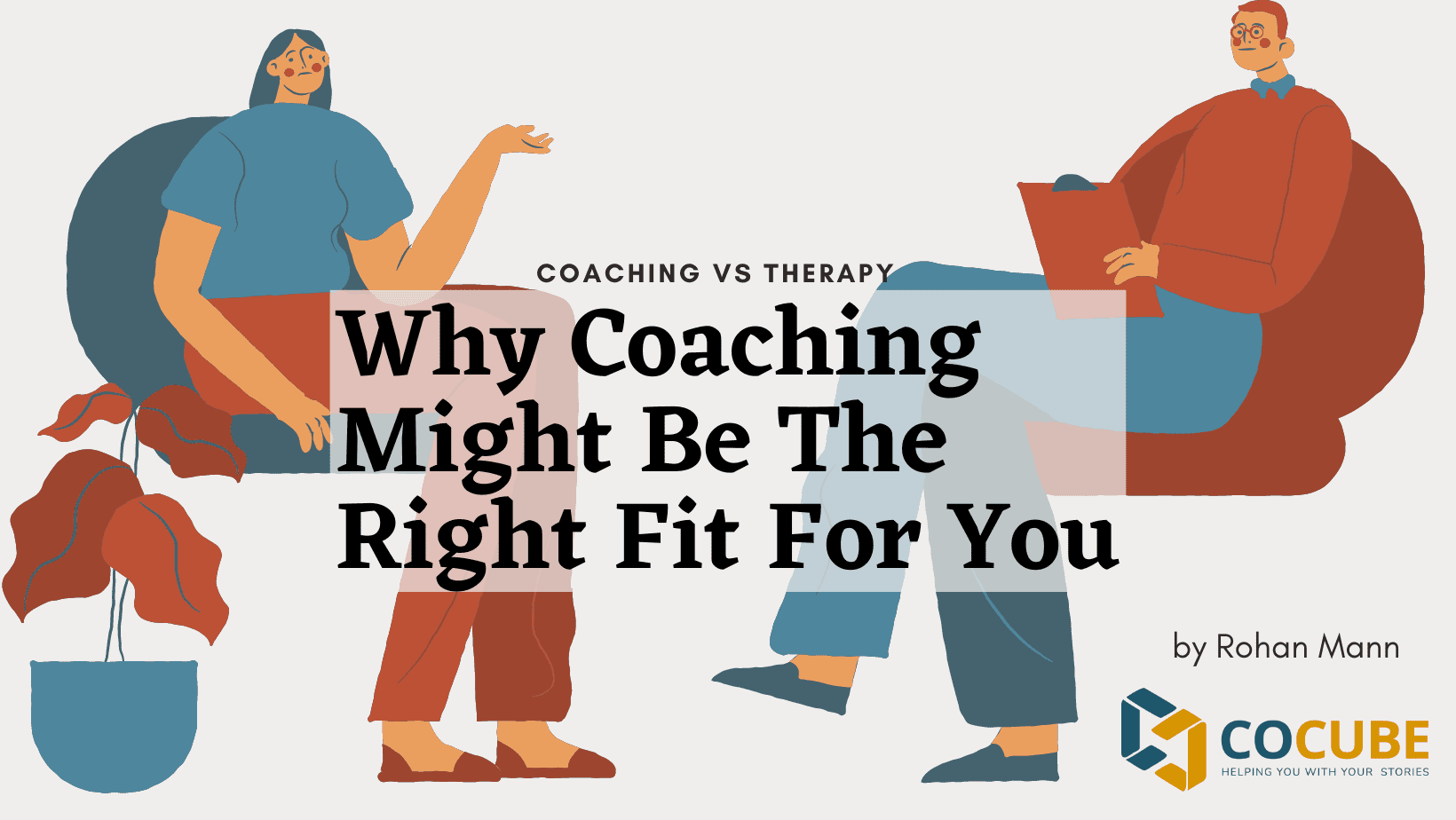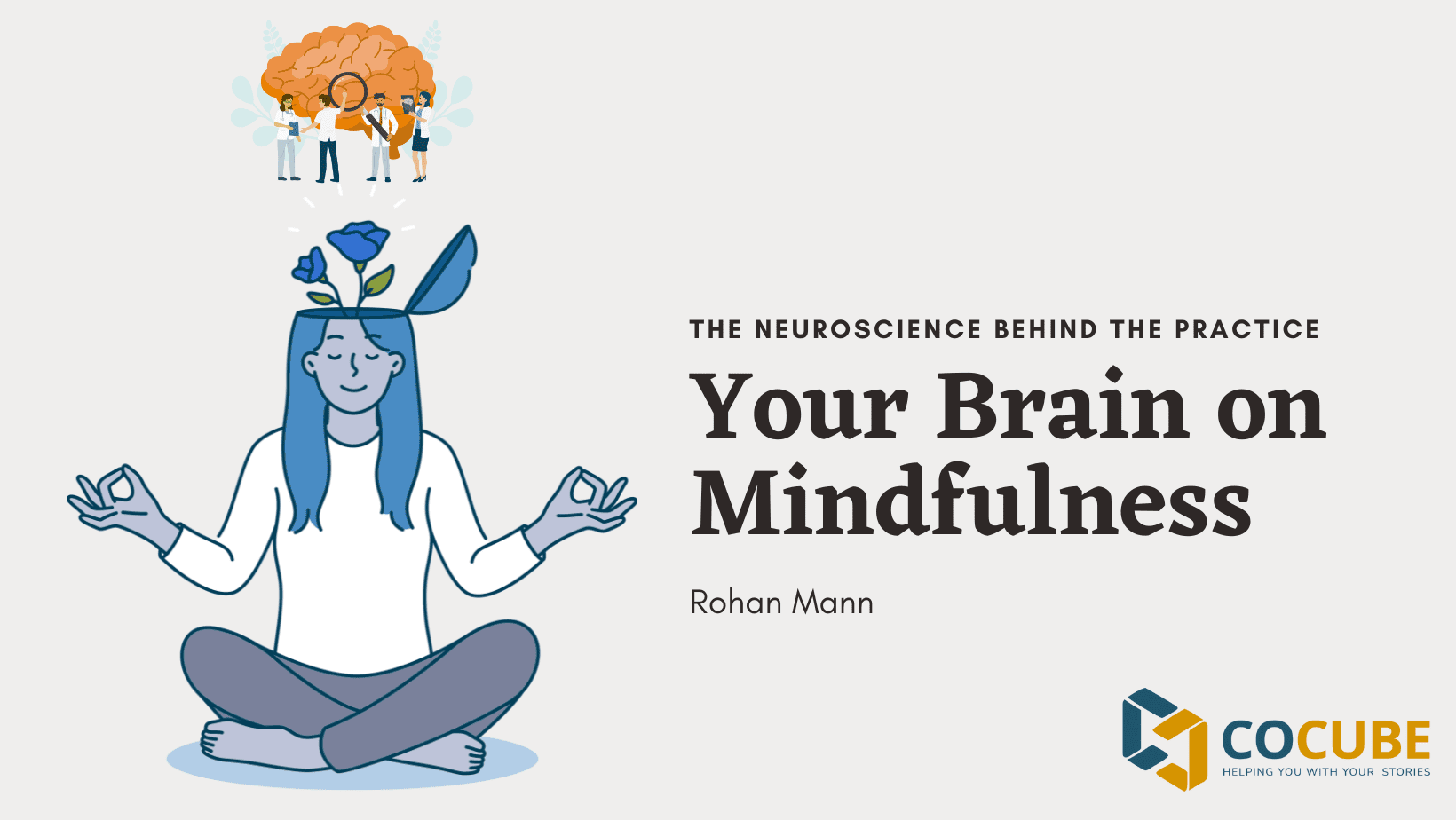Your Brain On Mindfulness: The Neuroscience Behind The Practice
Alright folks, get ready to geek it out with me!
As a psychology and neuroscience master’s student at King’s College London, I’m about to finish a module: Mindfulness: Neuroscience and Applications. I’ve been meditating for years mostly for its spiritual benefits and recently started using it as a very useful tool for my clients, both as a therapist and a coach. But get this – there’s solid research showing mindfulness literally changes how your brain works! This blew my mind, and I’m about to share those fireworks with you.
Before you dismiss this as “woo-woo,” hold tight. I only plan to share evidence in the form of peer-reviewed studies. Think of this as a science-backed tour of the magic happening when you meditate. If you’re into the power of the mind or mindfulness, you’re going to dig this.
1) The Brain’s Personal Trainer
Think of your brain as a muscle. Just like lifting weights builds biceps, mindfulness strengthens crucial areas. MRI studies show it boosts gray matter in parts of the brain that control learning, memory, decision-making, emotional regulation, and understanding others [1]. It’s not just about feeling zen – mindfulness is a full-on brain upgrade!
2) The Cellular Fountain of Youth
Turns out, getting mindful might help slow down the aging process. Mindfulness increases telomerase – that’s an enzyme that protects the little caps on our chromosomes (picture those like the aglets on shoelaces). Those caps get shorter as we age, like a ticking clock. Longer caps? Slower cellular aging [2]. Maybe not immortality, but mindfulness could be a key to staying sharp and healthy for longer.
3) Stress’s Formidable Foe
Feeling overwhelmed? Mindfulness could be your secret weapon. It lowers cortisol (that infamous stress hormone) and reduces body-wide inflammation [3]. Why’s this huge? Inflammation is a major culprit behind everything from heart disease to depression. This isn’t just about chilling out in silence; you’re literally protecting your long-term health.
4) The Ultimate Productivity Hack
In a world full of distractions, wouldn’t it be awesome to have laser-focus on command? Turns out, mindfulness is like a focus superpower. It strengthens a brain region called the anterior cingulate cortex, which is key for directing attention [4]. Imagine crushing that project at work, really absorbing a complex book, or simply being fully present in a conversation.
5) Your Emotional Superpower
Ever feel like your emotions hijack you? Mindfulness helps you take back the wheel. It strengthens parts of the brain that process emotions while calming down those that make you overreact [5]. Instead of getting swept away by anger or sadness, you develop a sense of space between feeling and action. That translates to better choices, clearer communication, and overall unshakable resilience.
6) A Profound Remedy for Mental Health
If you struggle with anxiety, depression, or other mental health challenges, this is for you. Programs like MBSR and MBCT are as effective as medication for some people [6]. This isn’t just feeling better in the moment; it’s about unlocking lasting change. Mindfulness offers hope and practical tools for taking charge of your well-being and I have been using it with most of my long-term clients with success.
7) The Genius Code, Unlocked
Did you know mindfulness can make you more creative? It helps you break rigid thinking patterns and judgment, creating space for those brilliant “aha!” moments [7]. Whether it’s finding an unconventional solution at work, expressing yourself artistically, or just needing a fresh perspective on life, mindfulness ignites the spark.
8) A Biological Force Field
Mindfulness strengthens your biological defenses! It increases natural killer cells, which help your body fight off viruses and other nasties [8]. With everything going on in the world, boosting your immune system feels like a no-brainer. Sure, meditation isn’t a cure-all, but it’s empowering to know mental well-being also contributes to physical resilience.
9) The Relationship Whisperer
Mindfulness doesn’t just transform your inner world; it supercharges your relationships. It boosts empathy, compassion, and the ability to see things from other people’s perspectives [9]. Imagine the depth of connection possible when you truly understand those you love.
10) A Revolution in Motion
Mindfulness is changing the world – from corporate boardrooms to classrooms to sports fields. Companies use it to boost productivity and happiness [10]. Schools teach it so kids can manage emotions and focus [11]. Athletes tap into it for mental toughness under pressure [12]. This speaks to how powerful a mindful approach to life can be.
Ready to Optimize Your Mind?
This module showed me just how deeply mindfulness can change us and I hope my sharing did the same for you. Imagine a world where we all had the skills to handle stress, think clearly, and connect authentically (while ageing slowly!). We could build a kinder, healthier planet. You don’t need to go big. Even Simple practices like guided meditations, breathwork, or being present while doing daily tasks can start your mindfulness journey.
So the next time someone questions whether mindfulness is just “incense and chanting” stuff, you can pull out these scientific facts. Or if you’re just starting or continuing your own mindfulness journey, know that you have hard neuroscience evidence supporting this powerful practice for optimizing your brain and well-being. Get ready to experience the benefits for yourself!
References:
1. Hölzel, B. K., Carmody, J., Vangel, M., Congleton, C., Yerramsetti, S. M., Gard, T., & Lazar, S. W. (2011). Mindfulness practice leads to increases in regional brain gray matter density. Psychiatry Research: Neuroimaging, 191(1), 36-43. DOI: 10.1016/j.pscychresns.2010.08.006
2. Jacobs, T. L., Epel, E. S., Lin, J., Blackburn, E. H., Wolkowitz, O. M., Bridwell, D. A., … & Saron, C. D. (2011). Intensive meditation training, immune cell telomerase activity, and psychological mediators. Psychoneuroendocrinology, 36(5), 664-681. DOI: 10.1016/j.psyneuen.2010.09.010
3. Pascoe, M. C., Thompson, D. R., Jenkins, Z. M., & Ski, C. F. (2017). Mindfulness mediates the physiological markers of stress: Systematic review and meta-analysis. Journal of Psychiatric Research, 95, 156-178. DOI: 10.1016/j.jpsychires.2017.08.004
4. Lutz, A., Slagter, H. A., Dunne, J. D., & Davidson, R. J. (2008). Attention regulation and monitoring in meditation. Trends in Cognitive Sciences, 12(4), 163-169. DOI: 10.1016/j.tics.2008.01.005
5. Chiesa, A., Serretti, A., & Jakobsen, J. C. (2013). Mindfulness: Top–down or bottom–up emotion regulation strategy?. Clinical Psychology Review, 33(1), 82-96. DOI: 10.1016/j.cpr.2012.10.006
6. Hofmann, S. G., Sawyer, A. T., Witt, A. A., & Oh, D. (2010). The effect of mindfulness-based therapy on anxiety and depression: A meta-analytic review. Journal of Consulting and Clinical Psychology, 78(2), 169-183. DOI: 10.1037/a0018555
7. Ding, X., Tang, Y. Y., Tang, R., & Posner, M. I. (2014). Improving creativity performance by short-term meditation. Behavioral and Brain Functions, 10(1), 1-8. DOI: 10.1186/1744-9081-10-9
8. Black, D. S., & Slavich, G. M. (2016). Mindfulness meditation and the immune system: a systematic review of randomized controlled trials. Annals of the New York Academy of Sciences, 1373(1), 13-24. DOI: 10.1111/nyas.12998
9. Birnie, K., Speca, M., & Carlson, L. E. (2010). Exploring self‐compassion and empathy in the context of mindfulness‐based stress reduction (MBSR). Stress and Health, 26(5), 359-371. DOI: 10.1002/smi.1305
10. Good, D. J., Lyddy, C. J., Glomb, T. M., Bono, J. E., Brown, K. W., Duffy, M. K., … & Lazar, S. W. (2016). Contemplating mindfulness at work: An integrative review. Journal of Management, 42(1), 114-142. DOI: 10.1177/0149206315617003
11. Zenner, C., Herrnleben-Kurz, S., & Walach, H. (2014). Mindfulness-based interventions in schools—a systematic review and meta-analysis. Frontiers in Psychology, 5, 603. DOI: 10.3389/fpsyg.2014.00603
12. Bühlmayer, L., Birrer, D., Röthlin, P., Faude, O., & Donath, L. (2017). Effects of mindfulness practice on performance-relevant parameters and performance outcomes in sports: A meta-analytical review. Sports Medicine, 47(11), 2309-2321. DOI: 10.1007/s40279-017-0752-9






